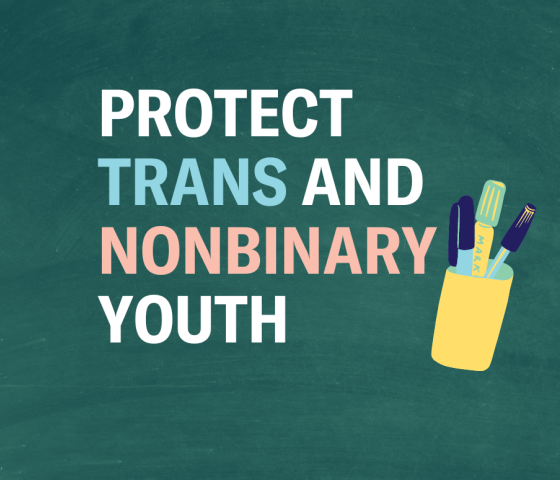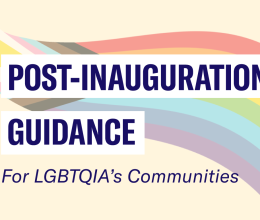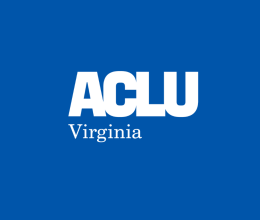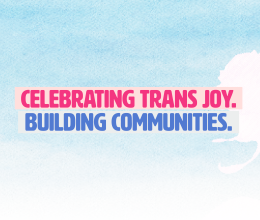Everyone has the right to live their lives free from discrimination and harassment – regardless of sexual orientation or gender identity. We work in the courts, in the legislature, and in our communities to protect the rights of all LGBTQ+ Virginians.
Since the ACLU of Virginia was established in 1969, we’ve worked with brave, determined partners and clients to secure key rights for LGBTQ+ people in our Commonwealth and beyond:
- We successfully brought the first and only class action lawsuit against Virginia to secure marriage equality.
- We sued to end discrimination in adoption.
- We helped pass the Virginia Values Act, the first comprehensive nondiscrimination law in the South for LGBTQ+ Virginians.
In recent years, lawmakers and school boards have used their positions of power to target trans people, especially trans youth. We need your help to stem this hateful tide.
MAKE A DONATION today or VOLUNTEER to join the movement for LGBTQ+ equality.
GAVIN’S STORY
At the end of his freshman year of high school, Gavin Grimm came out to his parents as transgender. His family and healthcare providers supported him and affirmed his identity. The next school year – armed with letters from his doctors and a new name – he walked into Gloucester High School as his true self. He used the boys’ restroom without incident for seven weeks. Then the school board got involved.
The Gloucester County School Board held a public meeting where Gavin’s personal medical information was openly debated. After that meeting, the school board passed a policy prohibiting students with “gender identity issues” from using the same restrooms as other boys and girls.
So we sued.
Together with Gavin and ACLU National, we filed a lawsuit against the school board that went all the way up to the U.S. Supreme Court – twice. Again and again, judges affirmed that Gavin and all trans students have the right to use bathroom facilities corresponding to their gender identity.
After six long years of fighting in court, Gavin won his case, long after he graduated high school. Now, he continues to advocate for trans youth as an activist and author.
As a result of Gavin’s courage and determination, judges affirmed that all trans students in the Fourth Circuit – including Virginia, West Virginia, North Carolina, South Carolina, and Maryland – have a constitutionally protected right to use bathroom facilities in line with their gender identity.



